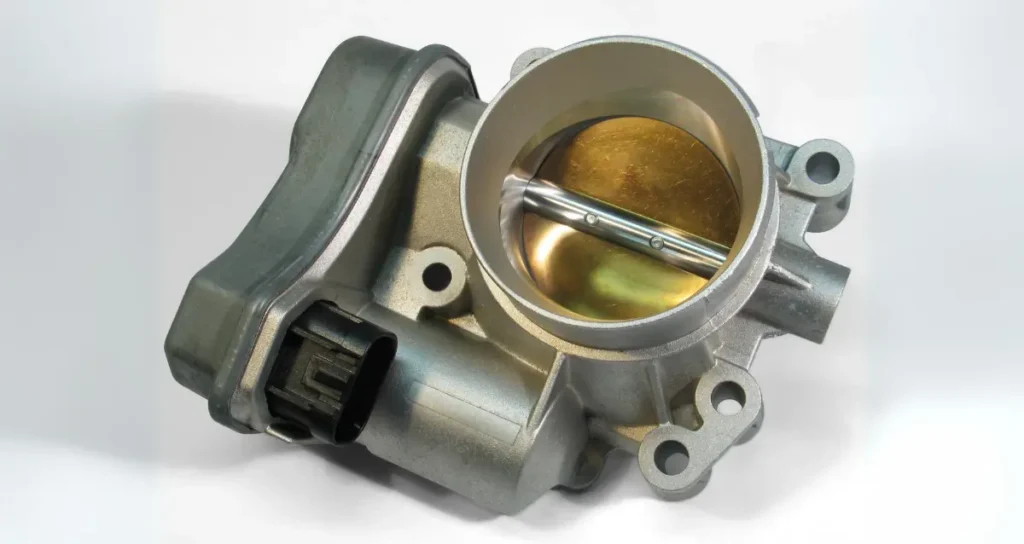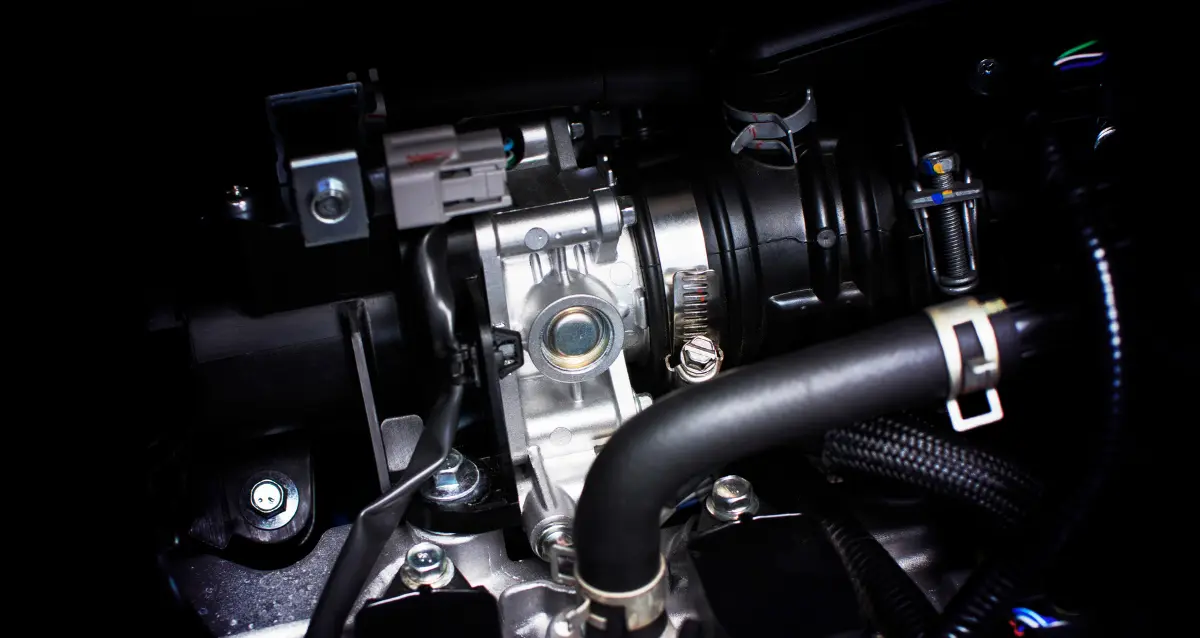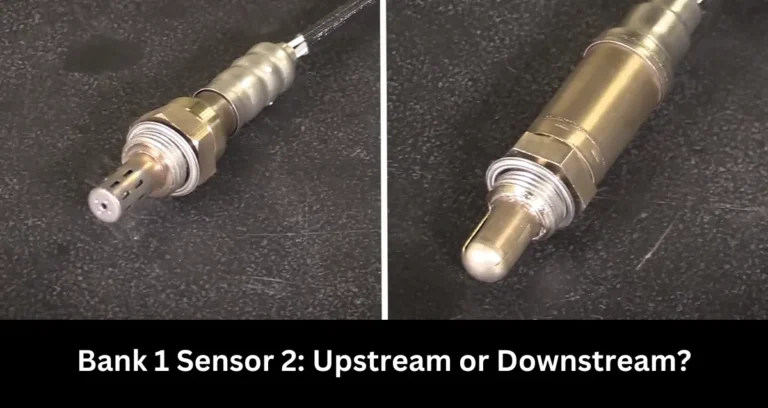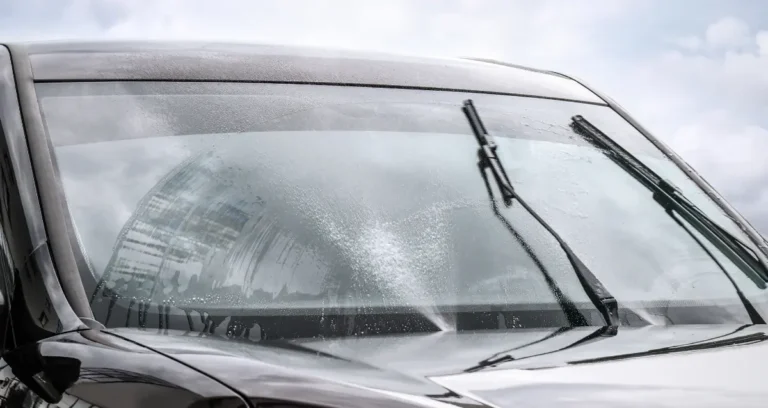How to Reset Throttle Body: A Step-by-Step Guide
The throttle body is a crucial component of a vehicle’s electronic fuel injection system. It regulates the amount of air flowing into the engine, controlling the engine’s power and performance. Over time, the throttle body can become contaminated with carbon deposits or debris, leading to various issues.
How to Reset Throttle Body:
Second Method:
Third Method:
Nissan Electronic Throttle Body: Idle Re-learn Procedure:
Importance of resetting the throttle body
Resetting the throttle body is an essential maintenance task that helps restore the proper functioning of the engine. It can resolve various problems, such as rough idling, stalling, poor acceleration, and decreased fuel efficiency. By resetting the throttle body, you can reset the throttle position sensor and clear any learned idle settings, allowing the engine control module (ECM) to relearn the correct idle parameters.
Signs that indicate the need for a throttle body reset
Check engine light
One of the most common signs that a throttle body reset is needed is an illuminated check engine light. This light can indicate various issues, including problems with the throttle body or related components.
Rough idling or stalling
If your engine is idling roughly or stalling unexpectedly, it could be a sign that the throttle body needs to be reset. A malfunctioning throttle body can cause the engine to receive incorrect air/fuel mixtures, leading to these issues.
Poor acceleration
If you notice that your vehicle is struggling to accelerate smoothly or lacks power, it might be due to a problem with the throttle body. A stuck or contaminated throttle body can prevent the engine from receiving the proper amount of air, resulting in poor acceleration.
Decreased fuel efficiency
A malfunctioning throttle body can also lead to decreased fuel efficiency. If you’ve noticed a significant drop in your vehicle’s fuel economy, it could be a sign that the throttle body needs to be reset or cleaned.

Preparing for the Reset process
Gather the necessary tools and materials
Before starting the reset process, make sure you have the necessary tools and materials on hand. These may include a scanner tool (if required by your vehicle’s make and model), a clean rag, and any specific tools recommended by the manufacturer.
Park the vehicle on a level surface
Park your vehicle on a level surface and engage the parking brake. This will ensure that the vehicle remains stationary during the reset process.
Allow the engine to cool down
If you’ve been driving recently, allow the engine to cool down completely before attempting to reset the throttle body. Working on a hot engine can be dangerous and may lead to injury.
A step-by-step guide to Resetting the Throttle Body
Turn off all accessories
Before beginning the reset process, turn off all accessories, such as the air conditioning, radio, and headlights. This will help ensure that the vehicle’s electrical system is not overloaded during the reset procedure.
Locate the throttle body
Locate the throttle body in your vehicle. The location may vary depending on the make and model, but it is typically found near the air intake or attached to the intake manifold.
Disconnect the negative battery cable
Disconnect the negative battery cable from the battery terminal. This will reset the ECM and clear any learned idle settings.
Reconnect the negative battery cable
After a few minutes, reconnect the negative battery cable to the battery terminal. This will allow the ECM to relearn the correct idle settings.
Start the engine and let it idle
Start the engine and let it idle for a few minutes. The ECM will relearn the correct idle settings during this time. You may notice some fluctuations in the idle speed as the ECM adjusts to the new settings.
Additional tips and considerations
Importance of following the manufacturer’s instructions
While the general process of resetting the throttle body is similar across different makes and models, it’s essential to follow the specific instructions provided by your vehicle’s manufacturer. Some vehicles may require additional steps or have specific procedures that must be followed.
Dealing with persistent issues
If you’ve followed the reset procedure correctly and are still experiencing issues, there may be an underlying problem with the throttle body or related components. In such cases, it’s recommended to have a professional mechanic inspect and diagnose the issue.
Preventive maintenance
To prevent future issues with the throttle body, it’s essential to practice regular preventive maintenance. This may include cleaning the throttle body periodically, replacing air filters, and addressing any potential vacuum leaks or other related issues.
Conclusion
Resetting the throttle body is a simple yet crucial maintenance task that can help restore your vehicle’s performance and fuel efficiency. By following the step-by-step guide provided in this article, you can reset the throttle body and potentially resolve various issues related to rough idling, stalling, poor acceleration, and decreased fuel economy.
Remember to always follow the manufacturer’s instructions and address any persistent issues with the help of a professional mechanic.
FAQs
How often should I reset the throttle body?
There is no set interval for resetting the throttle body. It depends on various factors, such as driving conditions, maintenance habits, and the vehicle’s age. However, it’s a good practice to reset the throttle body if you notice any of the signs mentioned in this article or as part of regular maintenance.
Can I reset the throttle body myself, or do I need a mechanic?
In most cases, you can reset the throttle body yourself by following the steps outlined in this article. However, if you’re not comfortable working on your vehicle or encounter any difficulties, it’s best to seek the assistance of a professional mechanic.
What happens if I don’t reset the throttle body?
If you don’t reset the throttle body when needed, you may continue to experience issues such as rough idling, stalling, poor acceleration, and decreased fuel efficiency. Neglecting the throttle body can also lead to further damage or complications over time.
Can a faulty throttle body cause the check engine light to come on?
Yes, a faulty or malfunctioning throttle body can trigger the check engine light. The throttle body is a crucial component of the engine management system, and any issues with it can cause the ECM to set a trouble code and illuminate the check engine light.
Is it necessary to disconnect the battery during the reset process?
Disconnecting the battery is often recommended during the reset process to ensure that the ECM is completely reset and can relearn the correct idle settings. However, some vehicle manufacturers may have specific instructions that differ from this procedure, so it’s essential to follow the manufacturer’s recommendations for your particular make and model.
FURTHER READING







